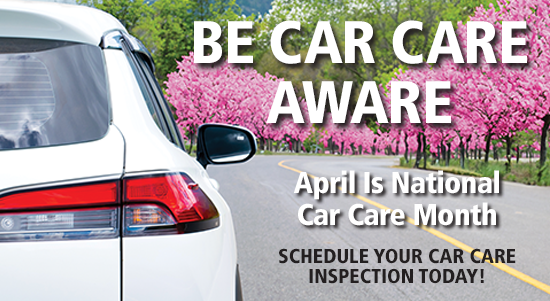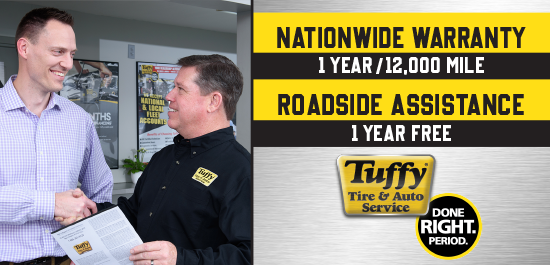| Noises. We’ve all heard them coming from under the hood at one time or another in our cars and trucks. But for Travis Alexander of Walla Walla, Washington, his ears are filled with the roar of engines every weekend. You see, Travis is the engine specialist on the No. 41 Target Dodge driven by Reed Sorenson in the NASCAR NEXTEL Cup Series. He’s in charge of taking care of the engines after they get to the racetrack. It's Travis’ responsibility to make sure the powerplants run smoothly once at the speedway. An engine failure during a race eliminates any chances of winning. So as you can imagine, Travis plays an integral role on the No. 41 race team. His top priority: keeping a 750 horsepower, 358 cubic inch engine running at peak performance over the race weekend. Travis has a keen ear for diagnosing engine miscues and he knows it’s nothing more than splitting possibilities down to only one. It only takes Travis about 30 to 45 minutes to change out an engine. In that same amount of time, you can diagnose an engine problem in your own vehicle. Here are some quick tips for diagnosing that ticky tappy knocky clacky clicky rap tap sound you might hear from your car’s engine: LOOSE MAIN BEARINGS. A loose main bearing can be heard and felt as a strong, dull, rotational knock, especially when the engine is pulling. The knock occurs regularly, every other rotation. LOOSE FLYWHEEL. This noise is usually an irregular clicking sound. A test is to fast idle the engine up and shut off the ignition. If a thud is heard and felt, this might be the problem. LOOSE ROD BEARINGS. This can be heard as a tinny knock. It is most noticeable upon deceleration, but it can also be heard with the engine idling. PISTON PIN NOISE. This sounds similar to valve and tappet noise, but it has a double knock and is loudest during idling. Causes can include a loose piston pin or inadequate oil. VALVES. A clicking might be heard if there is too much tappet clearance, or a hydraulic tappet is not working correctly. HYDRAULIC LIFTERS. A clicking or tapping noise almost always is an indication of a malfunctioning hydraulic lifter. Some noise is normal when the engine is cold, but this should disappear as the engine warms up. If just one lifter is noisy, it should be removed and inspected for wear. FUEL PUMP NOISE. This can show up as a ticking sound. A simple test can be made by removing the fuel pump and putting a plate over the hole and running the engine with the fuel that s left in the carburetor. If the noise is gone, it was probably the fuel pump. WATER PUMP NOISE. This is usually a squealing sound, and more times than not, it is caused by letting a car sit. SPARK KNOCK. This is a ping or chatter, mostly noticed during acceleration or when the engine is under load. EXCESSIVE CRANK SHAFT END PLAY. A sharp rap at idle or higher speeds is the symptom of this problem. The sound should disappear when the clutch is disengaged. These are just some of the most common engine noises and problems, but might help pinpoint an ailment and better help you explain to your technician the type of noise you hear. Remember, some engine noises are minor, but some indicate a need for major repairs. If you hear an unusual sound coming from under your hood, visit your local repair shop to have the problem checked out. |
Tuffy
Menu




